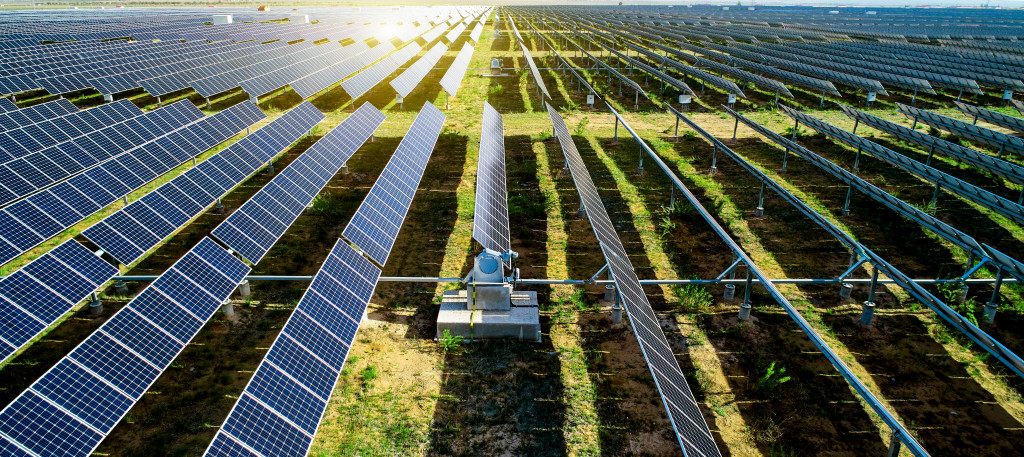Many news reports have warned that the United States is experiencing warmer summers. The alarming temperatures are a great cause of discomfort, which could result in higher electricity costs, especially in the workplace.
During a time when cutting costs has become a means of survival for many businesses, team leaders have to find smart ways to reduce expenses without compromising on employee productivity and the quality of output for clients.
Despite the challenges the sweltering weather is bringing with it, teams can efficiently use energy in the workplace without making changes that break the bank.
Ways to Save on Office Energy Costs in the Summer
Review the following practices and learn how to make efficient use of your workplace equipment to reduce expenses significantly.
1. Make good use of window shades and tints.
There is the difficulty of keeping workplace interiors from growing too warm in the middle of summer. Windows that freely let the sun in are partly to blame for these issues, especially if they face south or west since they are more directly struck by the sun’s rays.
A simple way to dull the sun’s effects is to cover windows with solar window film, which reduces heat and glare. To more fully keep sunlight from bringing in more heat, use blinds during the hotter parts of the day.
Good shades are not just for inside your workplace, either. For your outdoor areas, buy sturdy awnings near you to make working, holding meetings, eating, or break times more comfortable for everyone in the team.
2. Repair things that need fixing.
Cutting costs is no excuse to leave faulty office equipment as they are. In reality, these overlooked issues could be contributing to the inefficiency of energy consumption in your workplace.
Water leaks could be the culprit for higher water bills, so these should be fixed immediately. Have your restroom fixtures checked and, if possible, replace them with water-saving models and even motion sensor-activated ones for less wastage.
Air leaks also occur commonly in windows and doors when they are not properly sealed. For the most cost-effective measures, opt to caulk or weatherstrip these leaks to avoid hot air from coming and to let your cooling units work better.
3. Smartly use your air conditioning and ventilation units.
Simple things such as the placement of your air conditioning unit affect how well it cools the space it is in. Do not place devices that emit heat, such as lamps and televisions beside it since the higher temperatures could make your unit work harder to cool the room.
You also do not have to set the thermostat to the coolest temperature when you turn it on, as it actually has no effect on how quickly a room becomes colder. While keeping the comfort of employees in mind, keep the temperature as close to the outside temperature as you can for efficient use.
You should also regularly have your HVAC units checked and cleaned to keep them in their best condition. Replace air filters, too, to make sure you breathe clean air indoors.

4. Use light sources well.
Southern- and western-facing windows are usually best left closed with the blinds drawn to keep the sun from warming the place. However, letting in natural light during the parts of the day that are less warm can support better productivity while also reducing the use of artificial light sources.
Mind the kinds of light bulbs you use, too. LED light bulbs use energy far more efficiently than incandescent ones and also produce less heat. While they are usually more expensive than other kinds in the market, LED bulbs are a good investment for reducing long-term energy costs.
5. Unplug devices and appliances that are not in use.
How much of your office equipment is idly plugged in despite not being in use? While they spend less energy when not in use, a bit of heat is still generated because they are plugged in.
Make it a regular practice to unplug all unused devices to lower energy costs and generate less heat indoors. Aside from preventing power surges, unplugging appliances is also just a safer practice overall as it minimizes fire hazards in the workplace.
One lasting benefit of energy-saving is its contribution to sustainability in your workplace. Truly efficient energy practices are friendlier to the planet, reducing harmful emissions and helping to preserve the Earth’s natural resources.
Your workplace’s efforts can encourage your employees and even other organizations to follow suit and make small differences that add up to big results.

